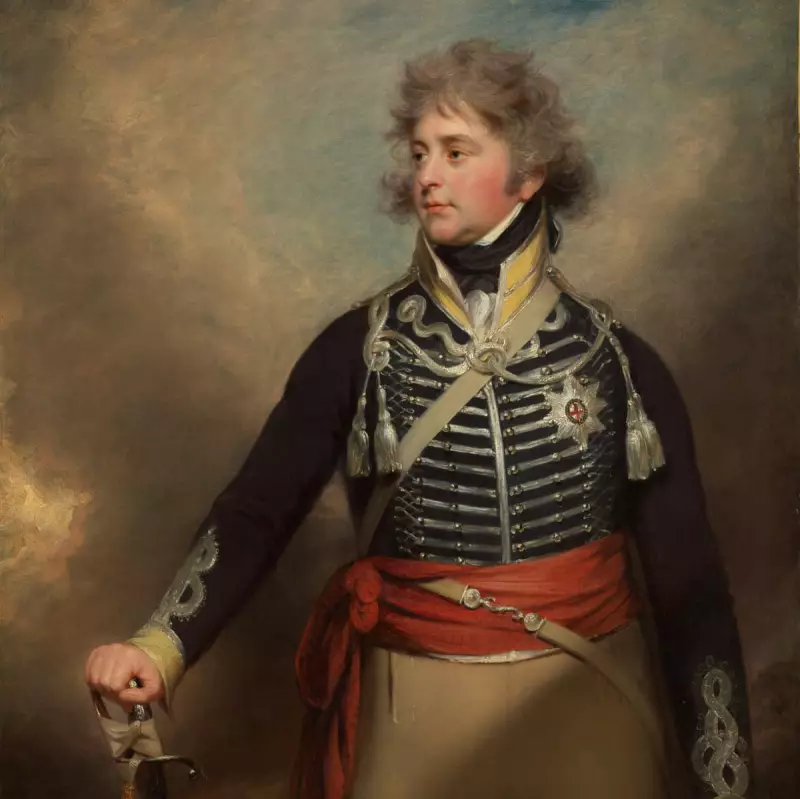
Startling new research has revealed that an ancestor of King Charles III profited from slavery in Grenada, shedding light on the monarchy's historical ties to the transatlantic slave trade.
The findings, uncovered by historians, show that one of the king's distant relatives was a prominent slave owner on the Caribbean island during the 18th and 19th centuries. Documents indicate this ancestor accumulated significant wealth through the exploitation of enslaved Africans on sugar plantations.
Royal Connections to Colonial Exploitation
The revelations come as the British royal family faces increasing scrutiny over its historical role in colonialism and slavery. Grenada, like many Caribbean nations, was a key location in Britain's brutal slave economy, with thousands of Africans forcibly transported to work on plantations.
Historians note that while the monarchy officially supported the abolition of slavery in the 1830s, many aristocratic families - including royal relatives - continued to benefit financially from compensation paid to slave owners after abolition.
Modern Reckoning with Historical Injustices
This discovery adds to growing calls for the royal family to acknowledge and address its historical connections to slavery. Last year, King Charles expressed his 'personal sorrow' at the suffering caused by the slave trade, but stopped short of a formal apology.
Grenadian officials and Caribbean community leaders have welcomed the new research, hoping it will lead to more transparency about colonial history and its lasting impacts. Some are calling for reparations discussions to include the royal family's historical role.
The palace has not yet commented on these specific findings, but sources suggest the king remains committed to understanding the monarchy's complex historical relationships with former colonies.





